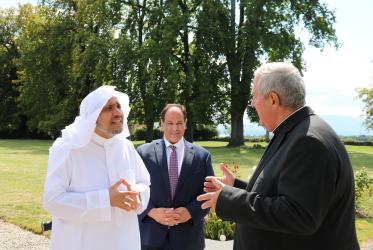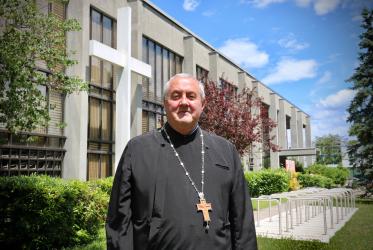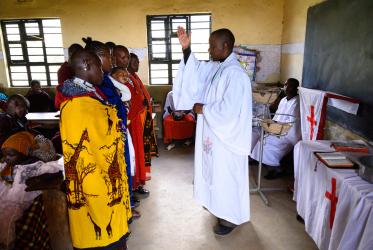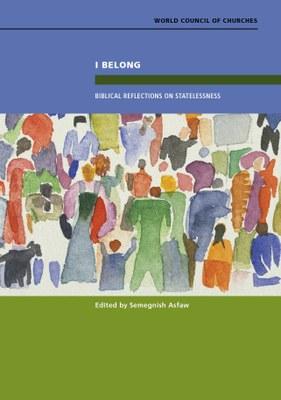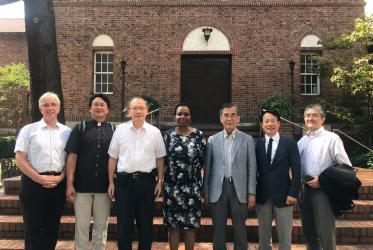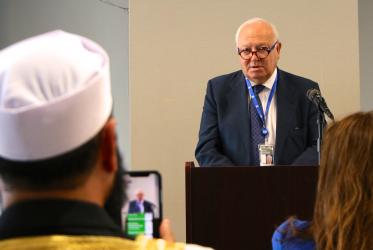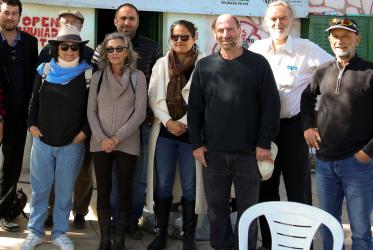Displaying 21 - 40 of 146
WCC honored with Bridge Builder Award 2021
02 July 2021
United Nations declares International Day of Human Fraternity
23 December 2020
Christians in Africa face increasing violent attacks, repression
23 December 2020
I Belong: Biblical Reflections on Statelessness
Biblical Reflections on Statelessness
12 October 2020
In Japan, spirit of koinonia deepens
26 September 2019
Worshipping safely: UN, faith communities unite to prevent violence
20 September 2019
Peacemakers at work in Sri Lanka
29 April 2019
Peace is common denominator of all major religions
05 March 2019
Rabbis walk through Hebron in solidarity
07 February 2019

